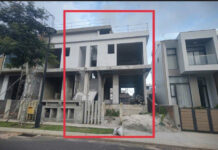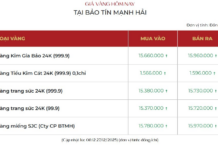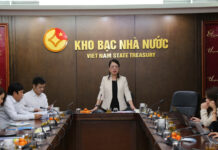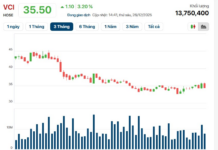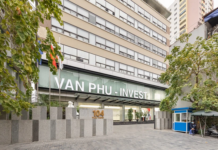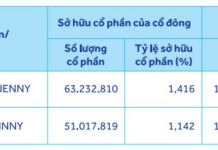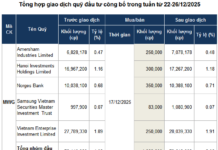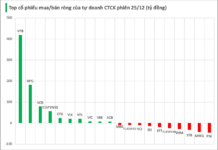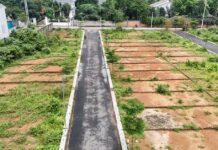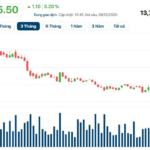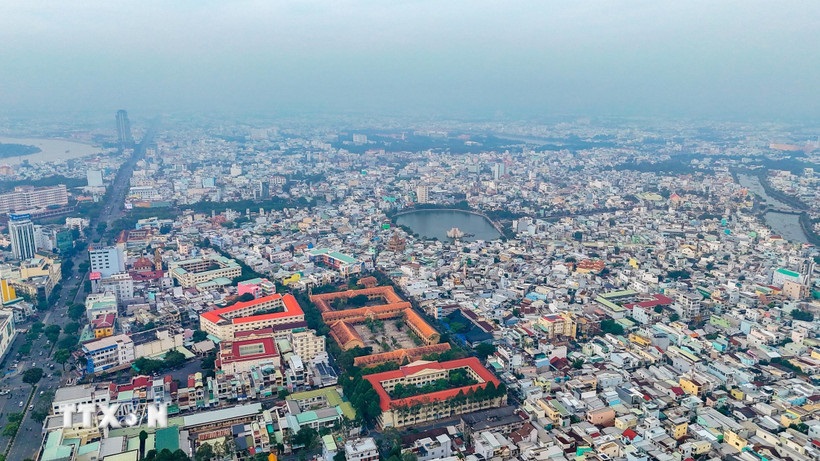 |
Streamlining Administrative Procedures: Reducing Red Tape for Land and Asset Registration
|
On August 1st, representatives from the Land Management Bureau under the Ministry of Agriculture and Environment shared insights into the recent regulatory changes. According to Decree No. 151/2025/ND-CP, there has been a notable reduction in administrative procedures related to land and asset registration. Specifically, 3 out of 30 procedures have been eliminated, along with 44 out of 425 days required for completing these processes.
The decree also simplifies the documentation requirements by removing the need for 3 out of 8 previously mandatory documents. Additionally, the People’s Committees at the communal level are now authorized to issue certificates without requesting confirmation of non-dispute, compliance with planning, and stability in land use from applicants. Contracts signed before July 1, 2025, will remain valid until the expiration date specified in the contract.
Regarding the registration process for land and associated assets, the bureau representative cited Decision 2304/QD-BNNMT, which outlines 48 administrative procedures related to land management, including 27 procedures for registration and certification of asset ownership (21 at the provincial level and 6 at the communal level).
Deputy Minister of Agriculture and Environment, Le Minh Ngan, emphasized the significance of land as a primary means of production, intertwined with socio-economic activities, national defense, security, and environmental considerations. He highlighted that innovative reforms in policies, machinery, procedures, and accountability in land management have always been a top priority.
Minister Ngan also provided a historical perspective, noting that the Land Law of 2003 laid the groundwork for gradual improvements in decentralization, with the 2013 version marking a significant breakthrough. The 2024 Land Law represents a quantum leap in decentralization and delegation of authority to provincial and district levels, excluding certain specialized aspects such as planning and land use, which remain under central government control.
According to Mr. Ngan, decentralization entails not just a transfer of power but also a shift in mindset, emphasizing initiative and accountability. Clearly defining the responsibilities of central and local governments, as well as provincial and communal levels, will reduce red tape, expedite administrative procedures, and enhance service quality for citizens and businesses alike.
However, challenges persist, especially at the grassroots level, where there is a shortage of specialized personnel, inadequate IT infrastructure, and a reluctance to embrace new competencies. To address these issues, the national conference, with over 3,400 participants across the country, was organized to disseminate comprehensive and consistent information regarding decentralization, delegation of authority, and delineation of responsibilities in land management.
Hùng Võ
– 15:23 01/08/2025
The Vibrant Metropolis: Ho Chi Minh City’s Fiscal Might in 2025 with a Staggering Budget of Over 506,000 Billion VND
According to Ho Chi Minh City Vice Chairman Nguyen Van Dung, the city is expected to collect over VND 506 trillion in revenue by 2025, as per the Central Government’s mandate.
Prime Minister Requests Completion of Land and Housing-Related Documents in 2024
The Prime Minister has instructed the Chairpersons of the Provincial and Municipal People’s Committees to promptly issue, within their authority, or submit to the People’s Councils of the same level for issuance, legal documents detailing specific contents as stipulated by the Land Law and the Law on Real Estate Business. This includes a comprehensive review of existing documents to amend, supplement, replace, repeal, or promulgate new ones to ensure alignment with the provisions of the Land Law, Housing Law, and Law on Real Estate Business. The deadline for completion of this task is set for the year 2024.
Uncovering Administrative Irregularities: A Probe into Land, Investment, and Construction Procedures in Da Nang
The Government Inspectorate discovered 13 administrative procedures, advised by the Departments of Natural Resources and Environment, Planning and Investment, and Construction, and appraised by the Office of the People’s Committee of Da Nang City, with violations in the issuance decision signed by the Chairman of the Da Nang People’s Committee.






